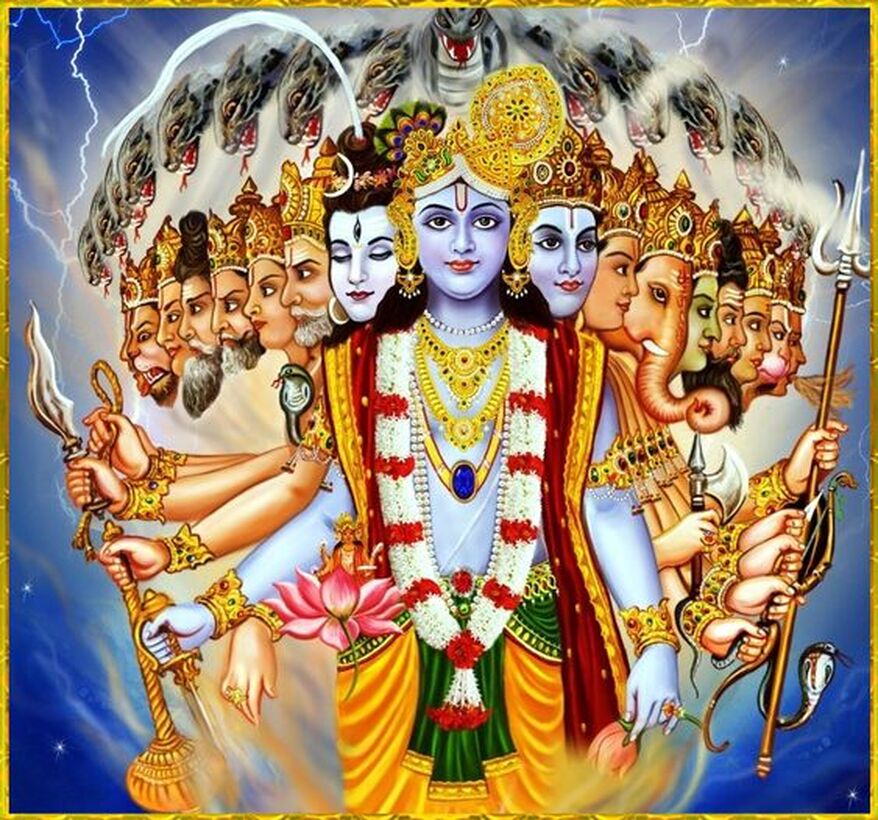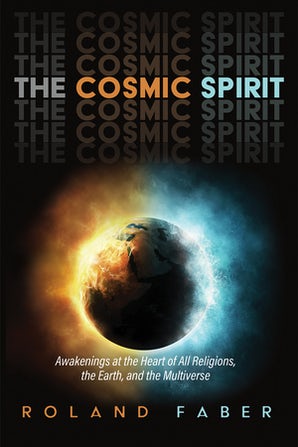The Divine Space We Live In
The Bhavagad-Gita, Roland Faber, and Process Theology
With his interpretation of Krishna's theophany in Bhagavad Gita below, Roland Faber invites us to imagine God as the divine space within which we live He points out that this "space" can be understood through various philosophical and theological lenses: panentheism, monism, and various shades of non-dualism and dualism. What is important, he says, is to know that this space is alive with spirit, with breath.
What does it come to? In my view, to know God as divine space is know two things. It is to know that God is more than us, but not faraway. It is to know that we ourselves are always already inside a resplendent space beyond our senses. Not a three-dimensional space but rather an encompassing space that includes multiple dimensions, real and imagined. You might imagine it on the analogy of Whitehead's extensive continuum and his notion of the Primordial Nature of God. A small child on our planet is inside this space, as is a small puff of energy in a distant galaxy, as is an imaginary number in the mind of an mathematician, as is is an eleven-winged angel who may (or may not) dwell in our imaginations. The gods and goddesses are likewise part of this resplendent space. Whatever is real in any sense, actual or potential, is inside the divine space. Krishna's theopany is a display of the resplendence.
To know this space is also to know (2) that this space is itself a breathing, an animating power, that is around us, beyond us, and within us. It is an amazing space that is also, in its way, an amazing grace. Divine space is not a vacuum, it is a force, a power, a breathing: ubiquitous and life-giving. As Faber puts it: "What is important here is that the Spirit (brahman) is everywhere, in everything, the space of everything to be, and, in an important sense, closer to the self of everything than that self is to itself."
The purpose of the remainder of this page is to give you a chance to consider divine space for yourself. The page is divided into three sections: an excerpt from Roland Faber in his book The Cosmic Spirit on Krishna's theophany; an introduction to process panentheism; and a discussion of Oneness. I am the author of the second two sections, but to my mind Faber's is by far the most beautiful and evocative. As will be clear, my own path is to interpret divine space through a panentheist lens, grateful that there are alternative ways alternative to my own. In the house of theology, too, let there be many forms.
- Jay McDaniel, Sept. 24, 2021




